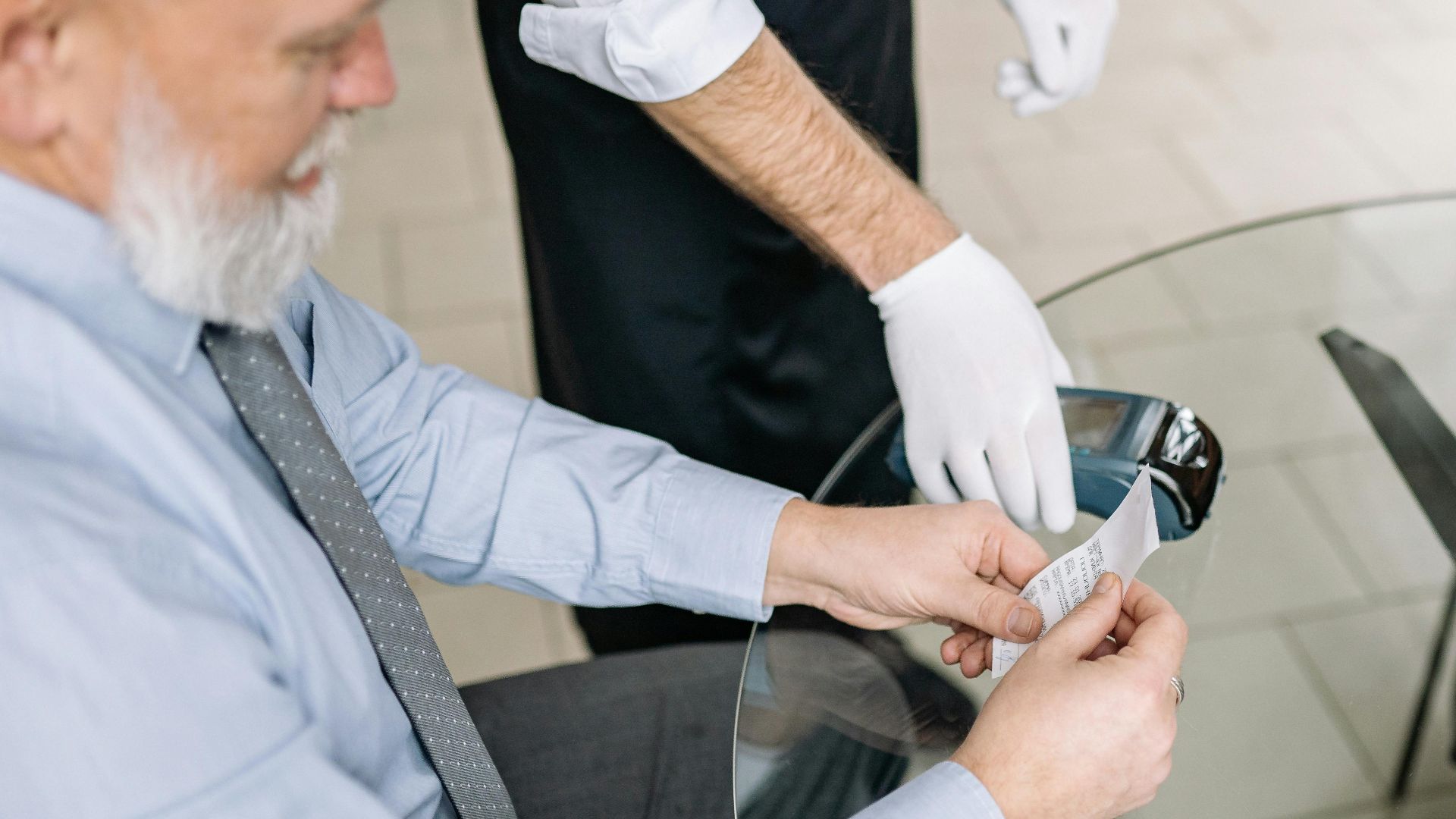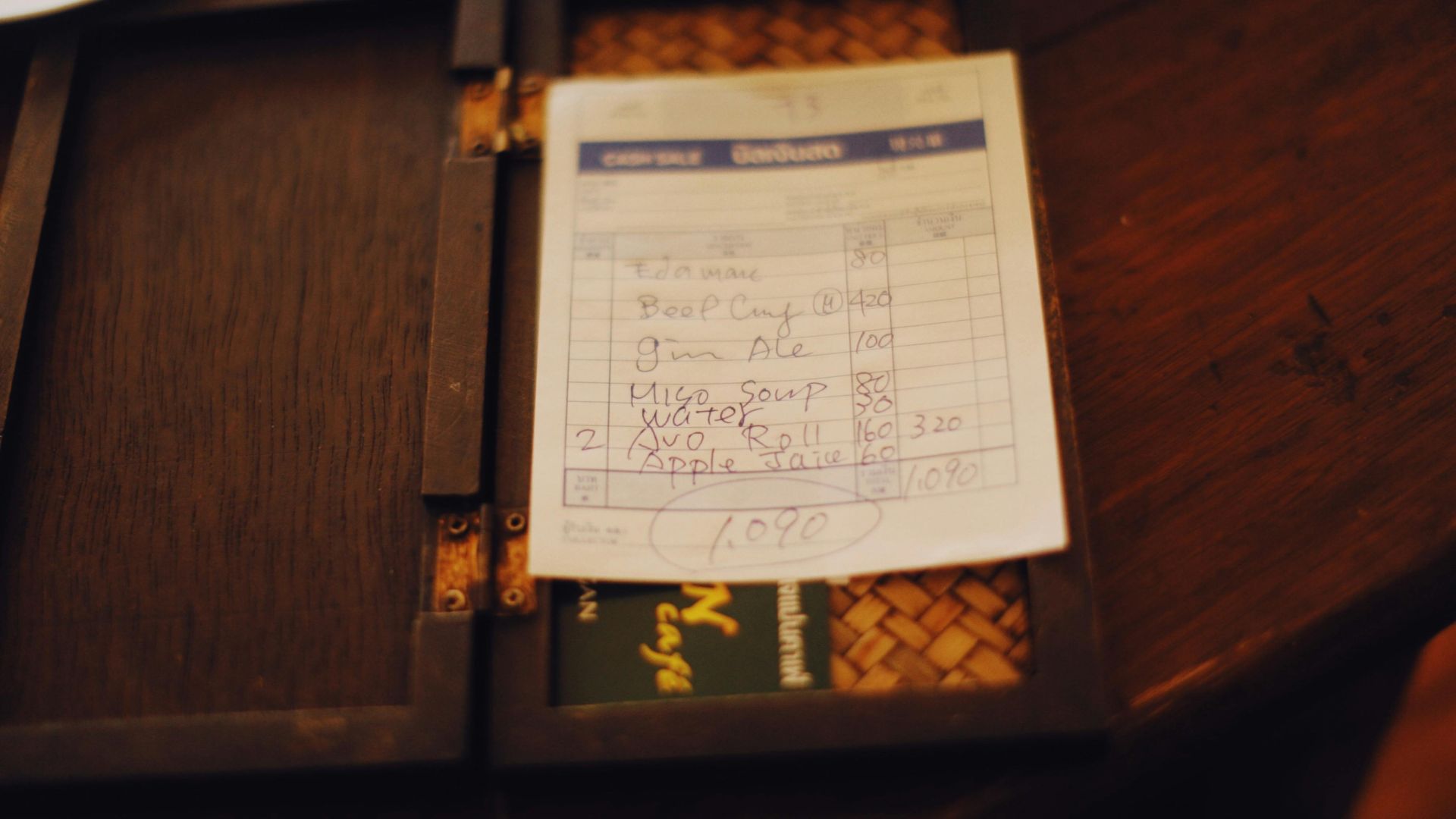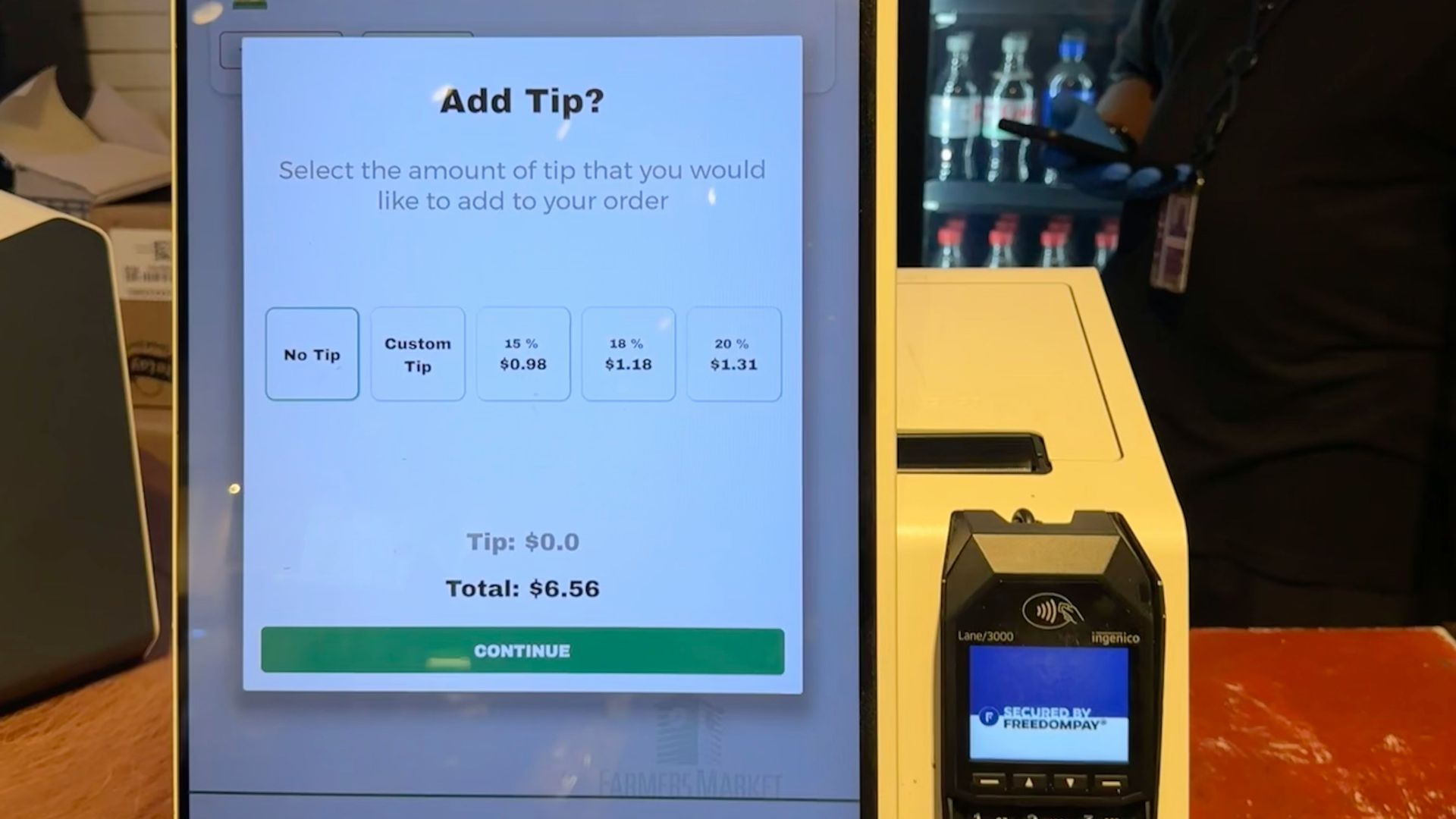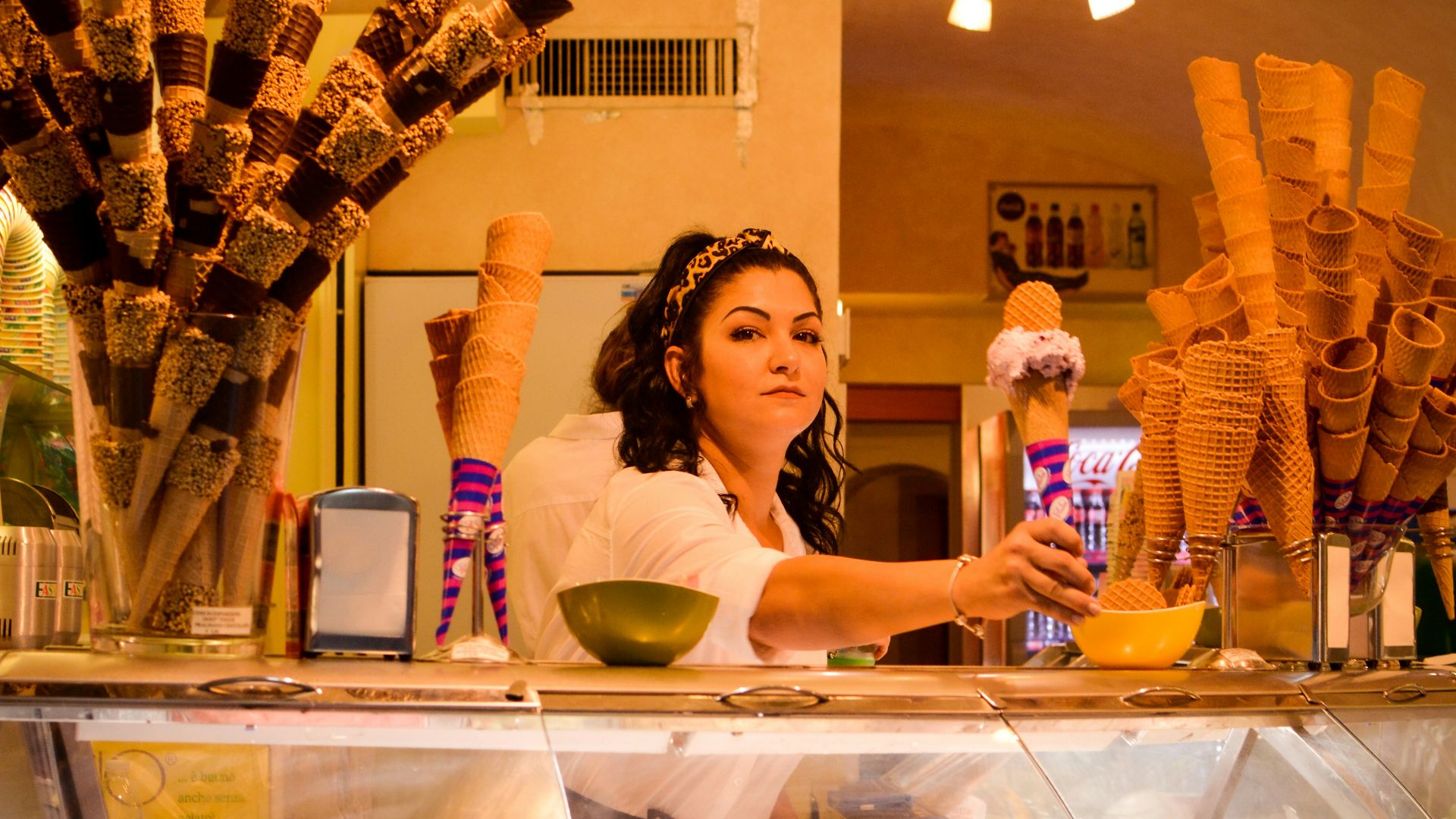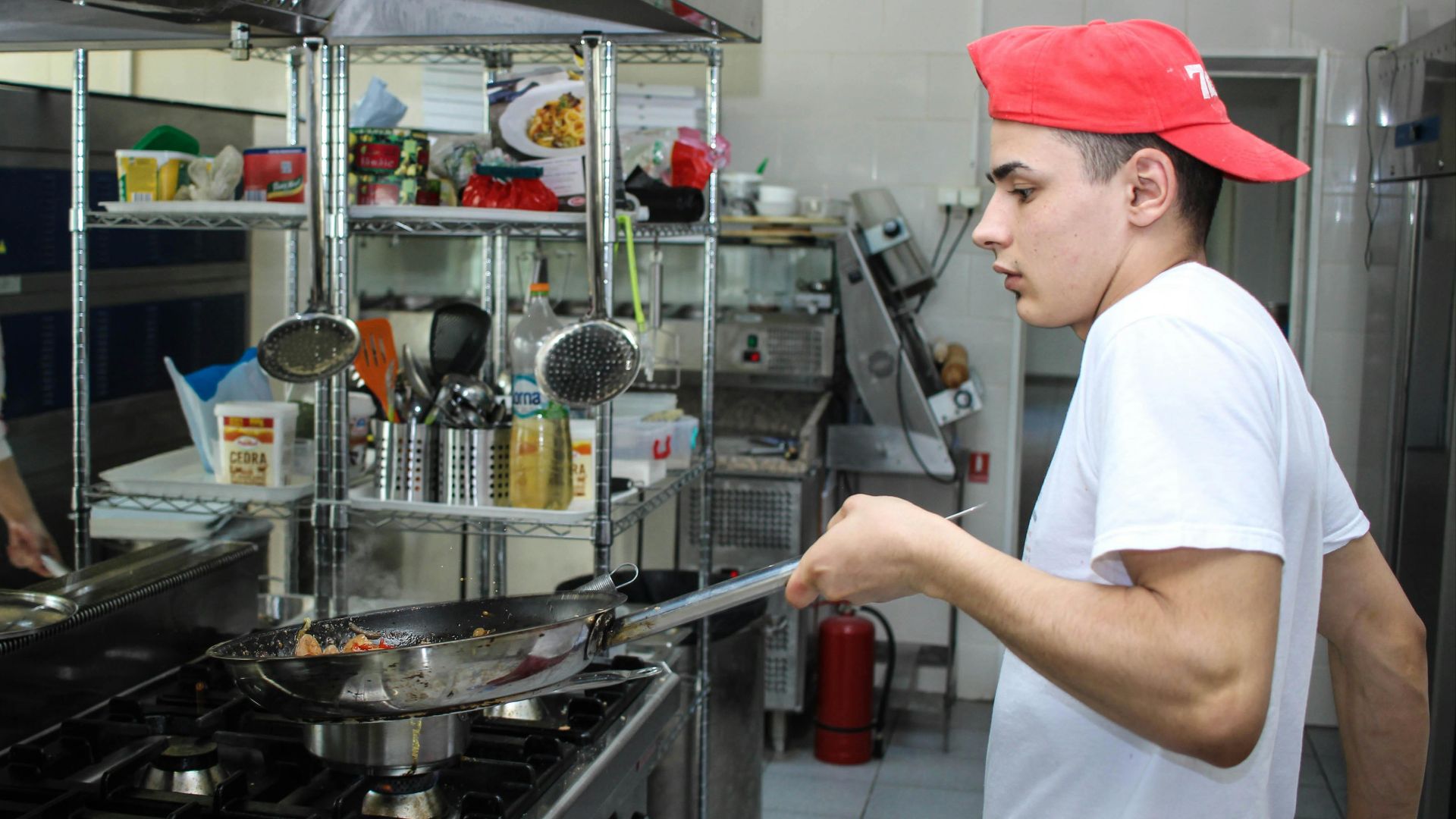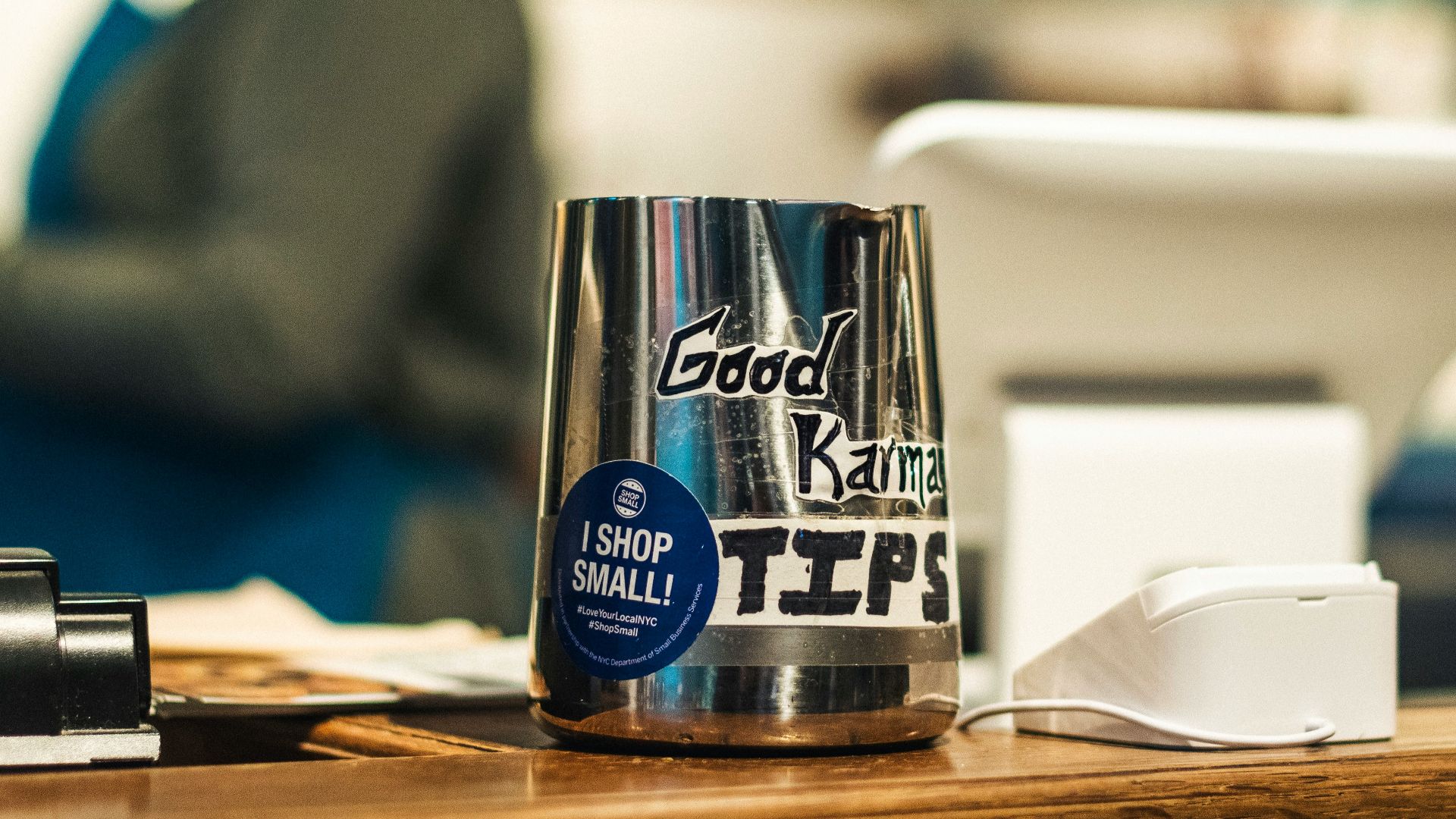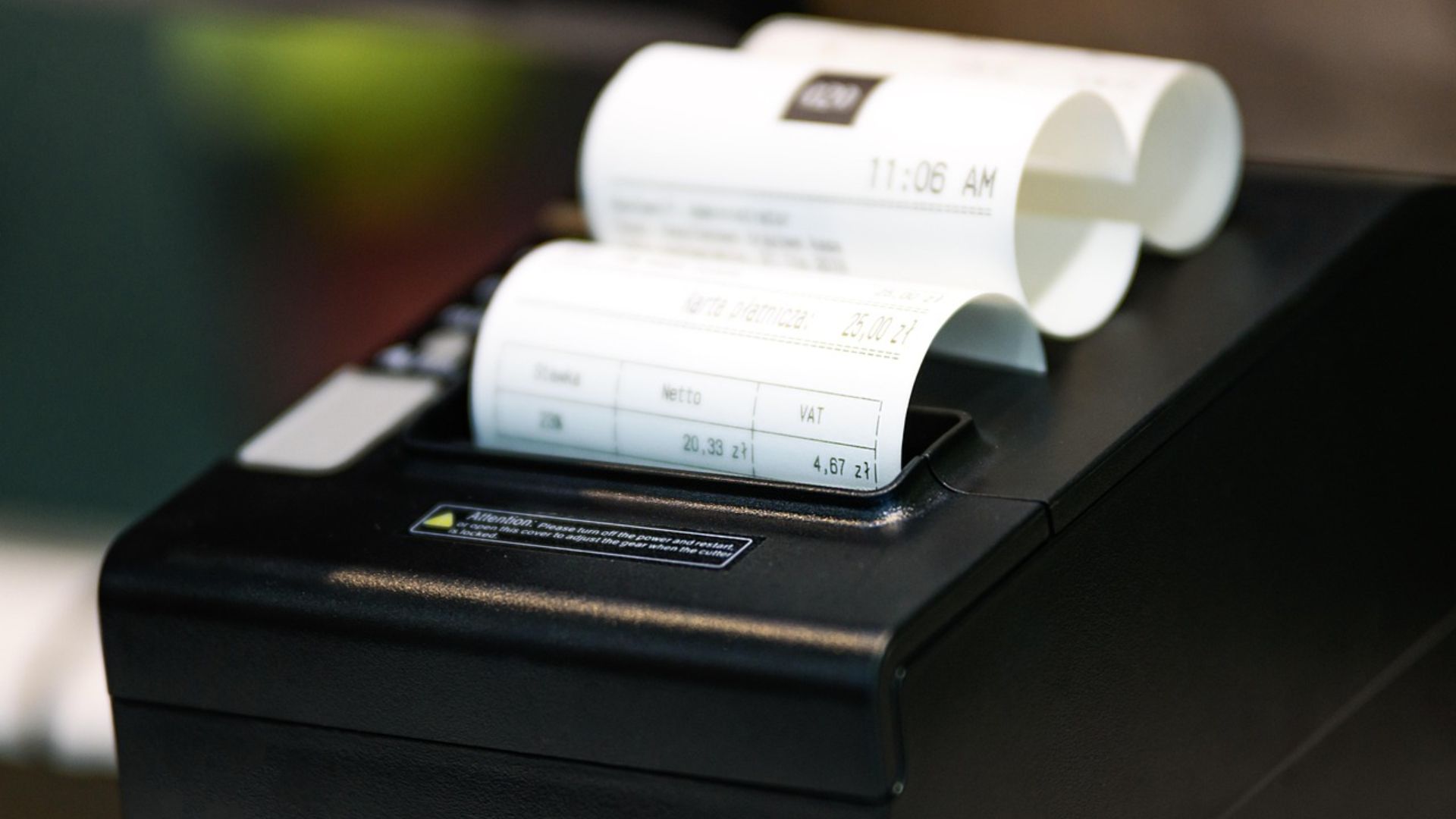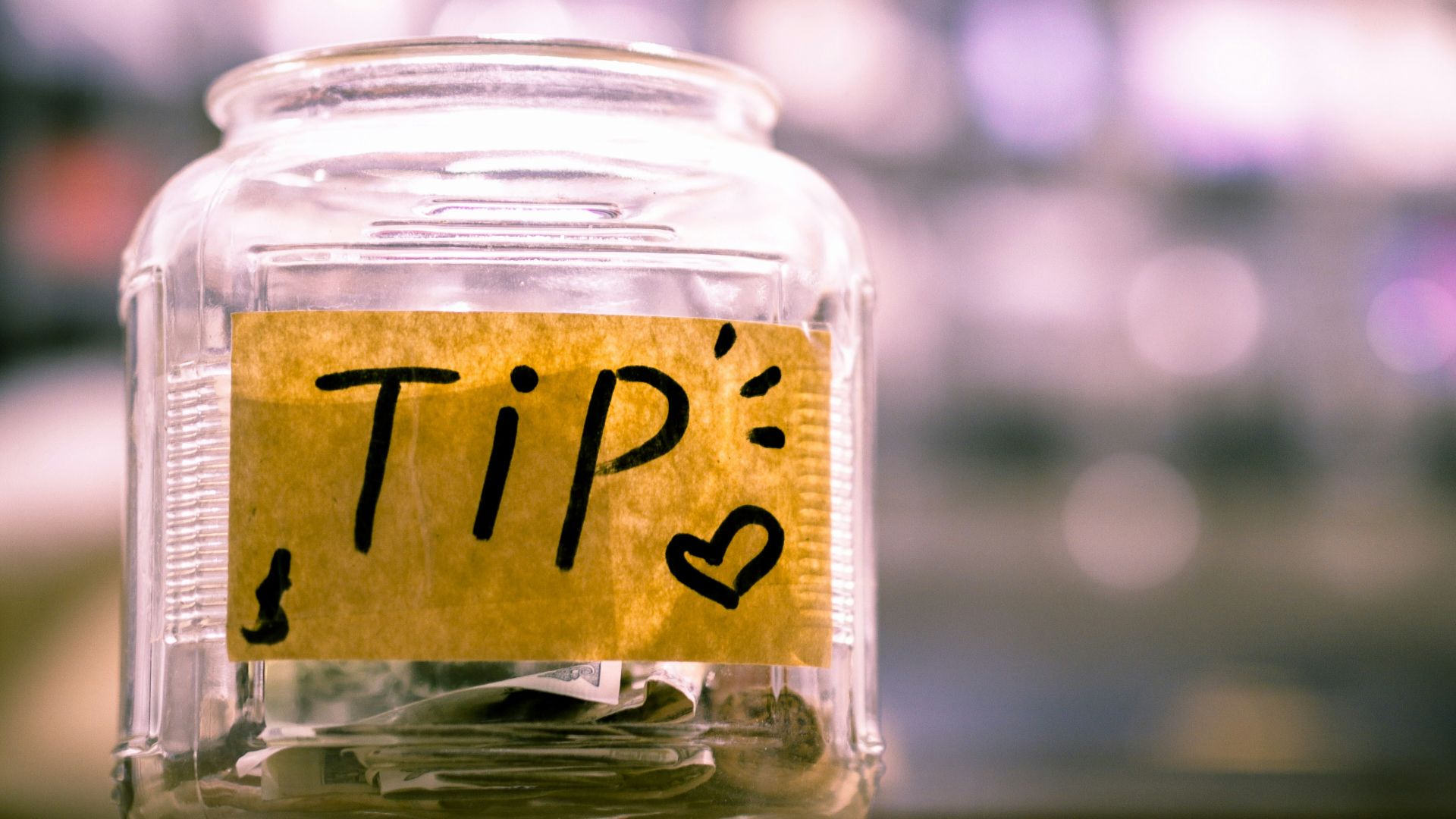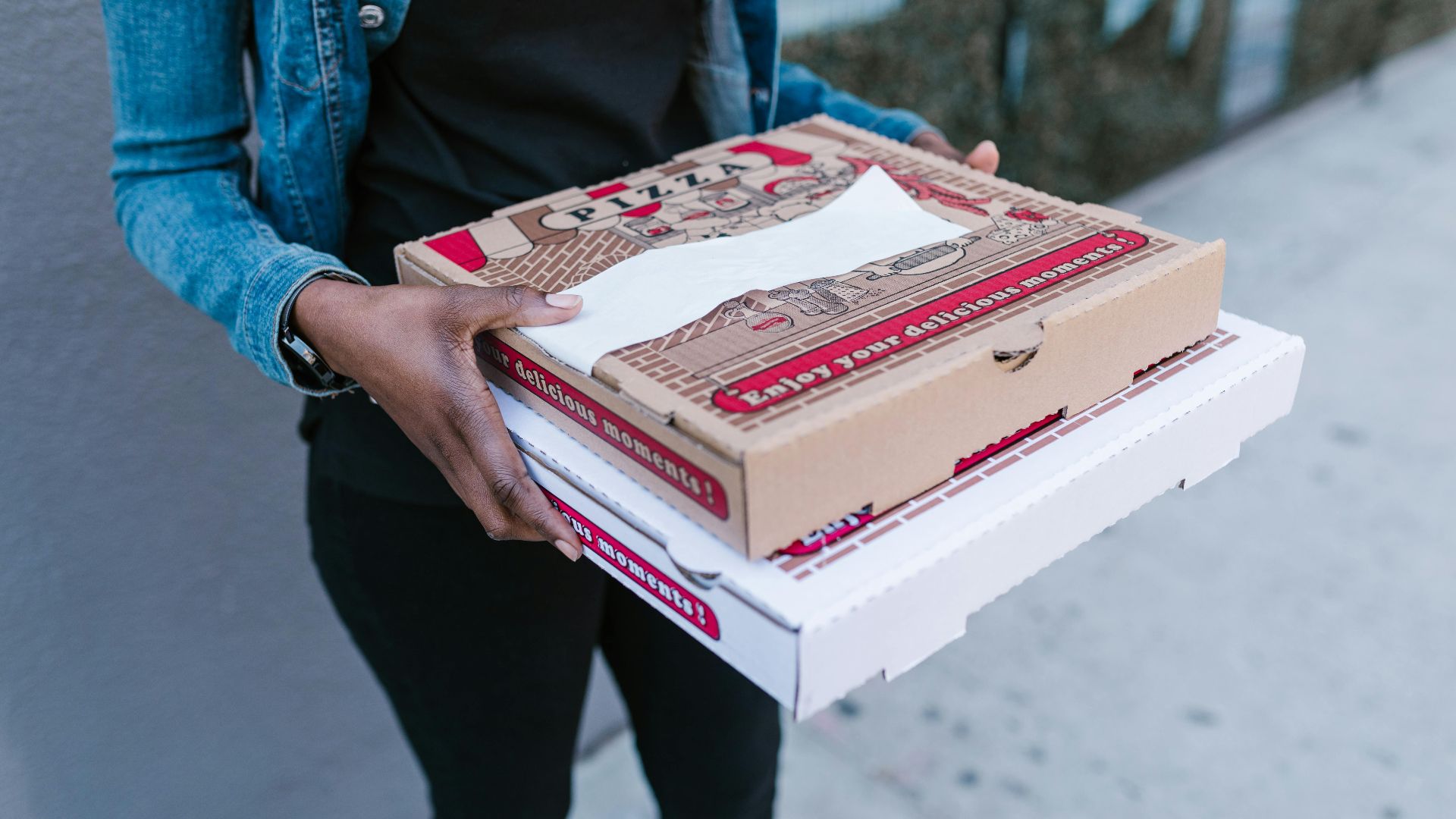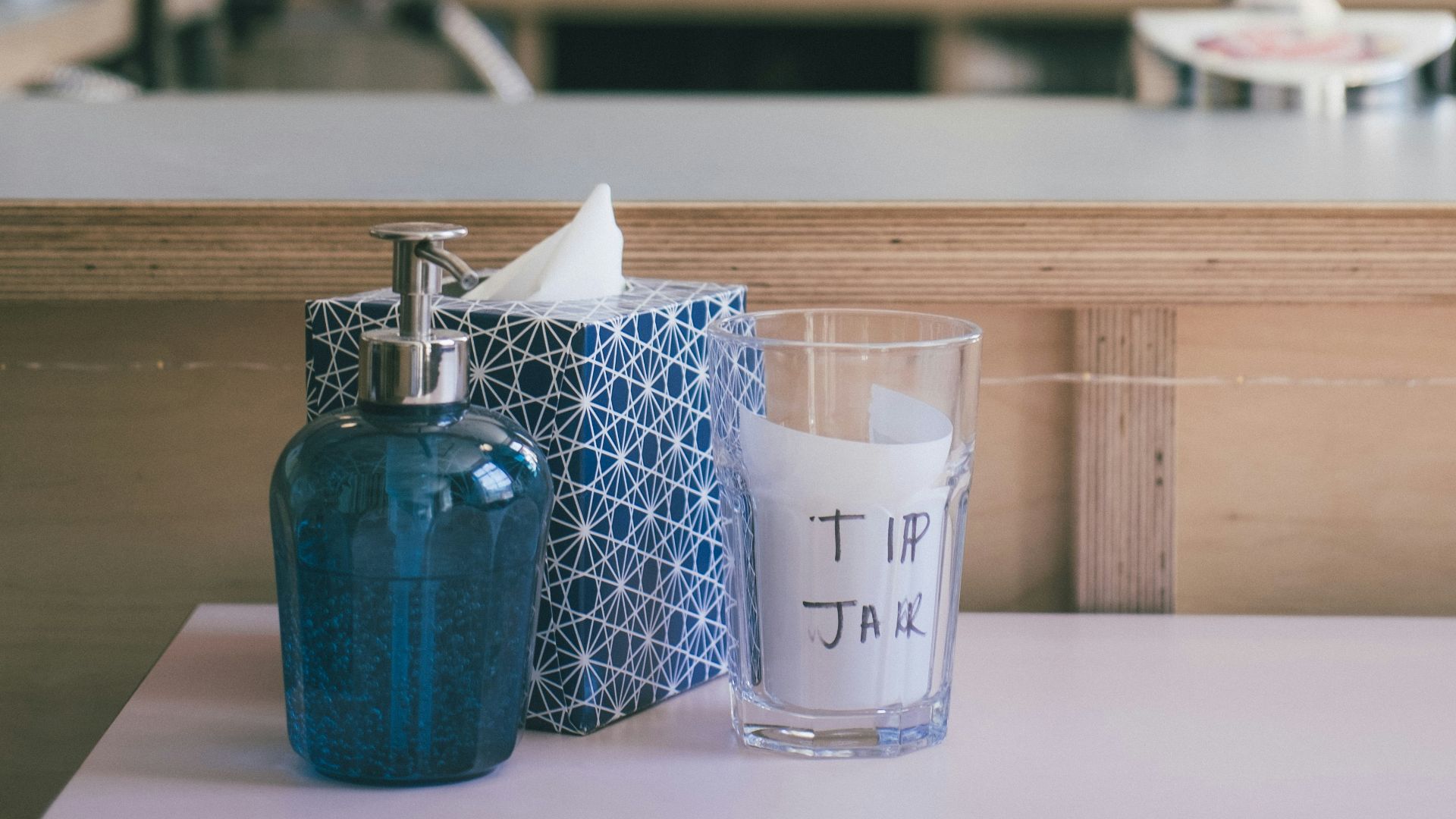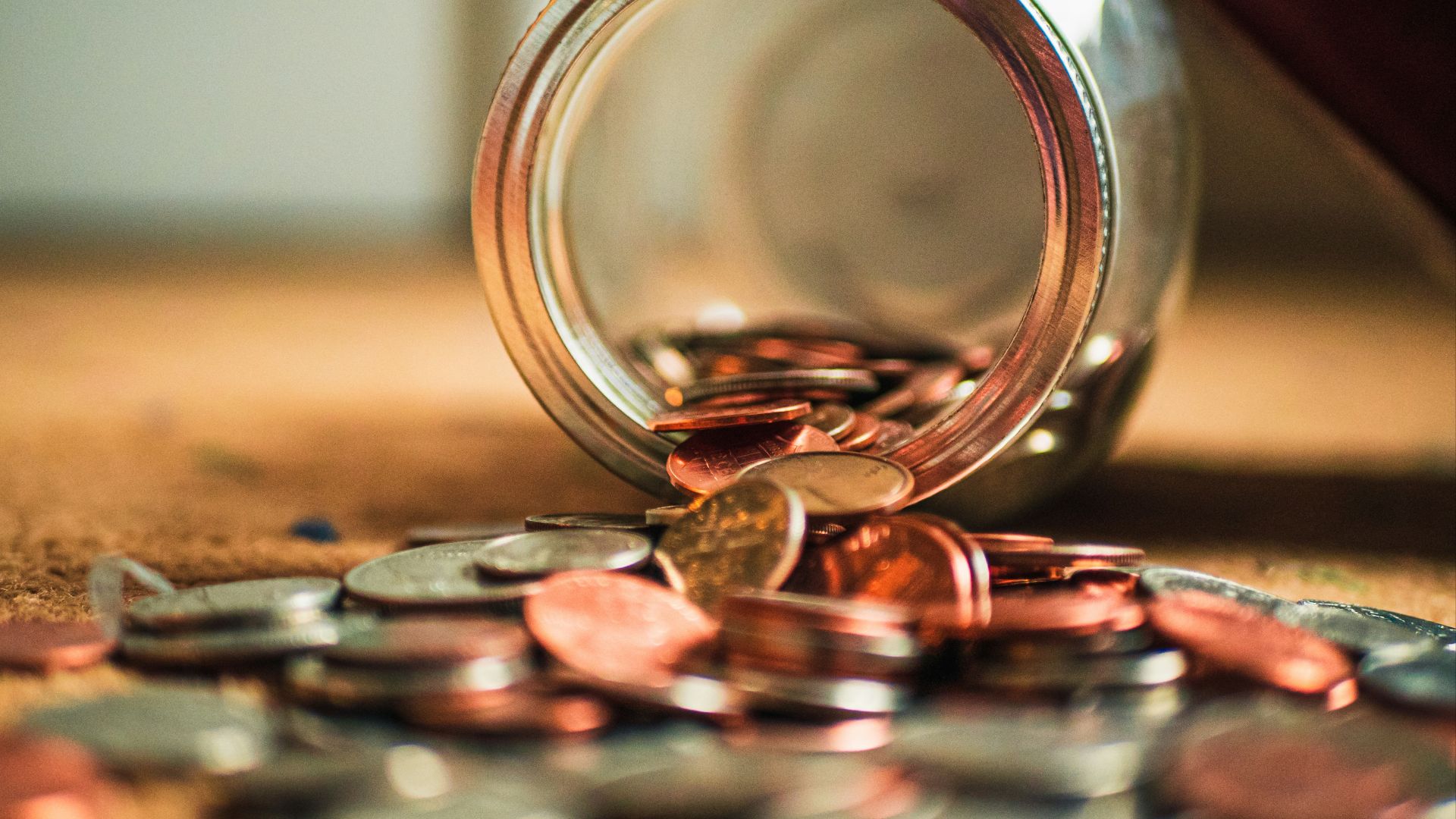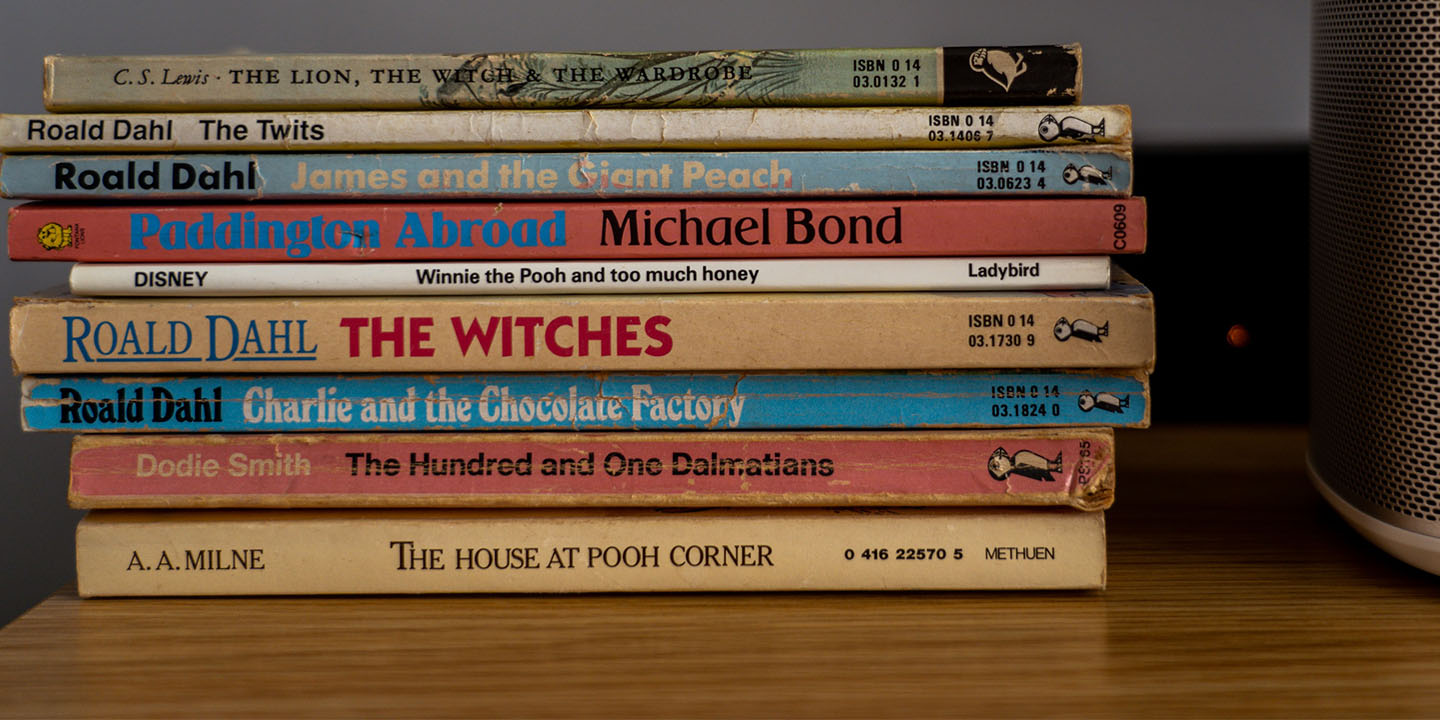Have Things Gotten Completely Out of Hand?
To tip or not to tip—that is the question. Though some customers are all for shelling out a few extra dollars, not everyone is on board with steep gratuities or societal pressure. Let’s dive into a few reasons tipping isn’t so bad…and a few reasons we should get rid of it for good.
1. It Puts Customers in an Awkward Position
Let’s be honest: one of the worst things about tipping is that feeling of a server breathing down your neck. You know they’re expecting it—and a sizeable one too—so it’s easy to feel pressured into spending more than you’re comfortable with.
2. Gratuity Keeps Rising
As inflation climbs, so does gratuity. What this means for customers is that you’re often subjected to the latest etiquette rules, increased fees, and further pressure to shell out your hard-earned money. What makes matters worse is that some places build gratuity right into their prices…or suggest egregious tips.
3. Getting Asked to Tip Machines
When we tip people we can at least take solace in the fact that it goes to a human being. However, today’s world has gotten cheekier by asking that we tip machines. We’ve seen more and more examples of self-checkouts asking for tips, which might just be the final nail in the coffin.
4. Tipping Doesn’t Encourage Better Service
We’d like to think that tips encourage better service—and they do in some cases. However, one tip won’t change someone’s work ethic, and it’s a serious downer to part with our money only to get treated the same way.
5. It Can Be Discriminatory
On the other hand, tipping isn’t always sunshine and roses for staff either. Studies show that they can be highly discriminatory, with better gratuities going to certain ethnicities or “sexier” physiques.
6. Tips Incentivize Poor Work Ethic
Customers don’t appreciate the expectation to tip poor service. Unwarranted praise only incentivizes terrible service, but under the heel of today’s pressures, many dish out the cash regardless.
7. Customers are Shamed
It’s easy to feel like a cheapskate when you don’t tip. After all, climbing rates and societal pressure aren’t exactly on your side. But shaming customers only drives them further away from tipping at all.
8. It Encourages Poor Wages
A classic anti-tipping argument is that customers shouldn’t be responsible for employee wages. Many servers make well under the standard minimum wage because so much of their livelihood depends on tips, but that’s an unfair system for both the customer and the employee.
9. Tipping Culture is Rough on Women
Oftentimes the highest tips go to women who fit today’s “beauty standards.” Whether it’s their body type, their makeup, or even how they dress, tipping culture puts even more pressure on women to present themselves a certain way.
10. Income Inequality Among Staff
Servers can rake in more than kitchen staff, which seems odd given how hard both parties work. But this is especially true in high-end restaurants where menu prices are already higher. Higher menu prices mean higher tips, which can lead to significant inequality between servers and kitchen staff.
That’s not to say that all tipping is bad. Let’s dive into a few reasons why it makes sense to give a little extra.
1. Small Businesses Appreciate Them
Mom-and-pop shops always appreciate a little extra, and your tip goes a long way with small businesses. Many don’t pressure you the same way that coffee shops or restaurants do, which means you’re more in control of how much you donate.
2. They Acknowledge Good Service
Good service warrants a good tip. While a few extra dollars aren’t always in the cards, giving when you can is a great way to show your appreciation. It boosts morale, it keeps both parties happy, and it’s a kind way to tip your hat.
3. You Can Set the Rules
People can say what they want but you’re in charge of how much you tip. Though some customers are more easily coerced, those who stand their ground on tipping culture are well within their rights to do so. As annoying as it is to see the increase in fees, it’s comforting to know that we ultimately have the final say.
4. They’re Quiet Indicators
Your food was cold. The server’s ignoring you. You’re not happy and you feel an urge to speak up. However, not everyone wants to confront an unruly employee or flag down the manager; tips are a good way to show your satisfaction level without any awkward encounters.
5. It’s a Good Way to Get Rid of Change
Cash hardly has a place in today’s world. Some locations don’t even accept physical money anymore! So, what are we to do with all this spare change? Carry it with you when you head to a local coffee shop or diner—tip jars are a great place for change and compliments.
6. Servers Deal With a Lot of Nonsense
Tough working conditions don’t necessarily warrant hefty tips, but it’s still nice to tip anyone struggling. From rude customers to blatant harassment, you can always give a little extra to someone who looks like they need it. You never know who could use the boost.
7. It’s a Small Token of Appreciation
When we think of tipping culture, we often think of cafes or restaurants—but other services welcome the bonus. It’s always nice to tip your Uber driver or delivery person, especially when they go above and beyond. It doesn’t have to be much, but it’s enough to thank them.
8. Tipping is Good Manners
Like it or not, tipping is just good manners in a lot of countries. While some people aren’t perturbed by dirty looks, others would rather stick to the norm and avoid any discomfort.
9. You Don’t Need to Tip Very Much
Contrary to popular belief, customers don’t always need to tip an arm and a leg. In fact, most etiquette only warrants a few dollars for coat checks, hotel cleaning staff, and bartenders. It’s refreshing to know that costs don’t always skyrocket.
10. Builds Rapport With Workers
Tips can help build rapport with staff—which means faster service or potential perks. While you shouldn’t expect any freebies with your tip, they still open the door for preferential treatment, especially if you’re a loyal customer.



